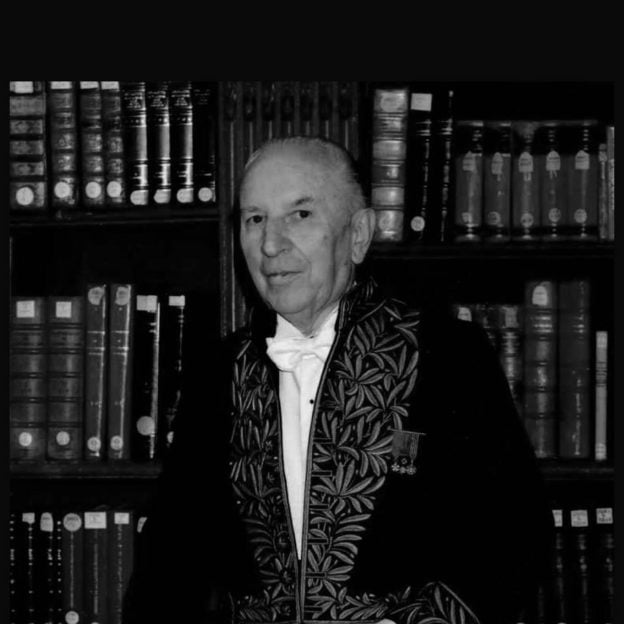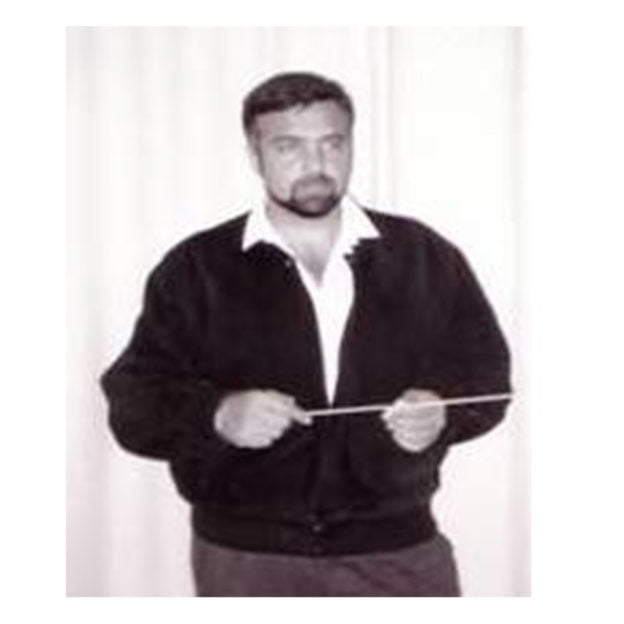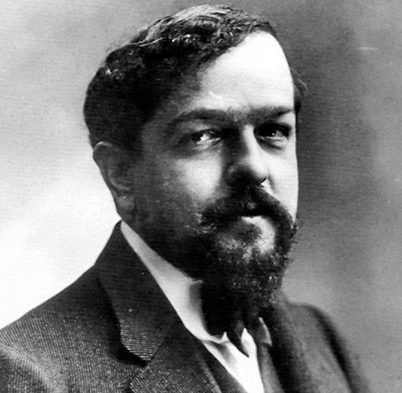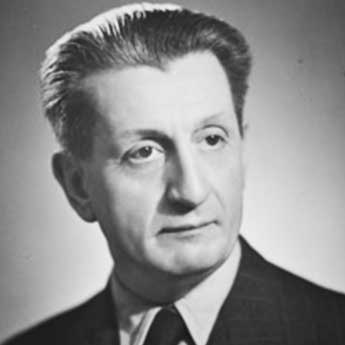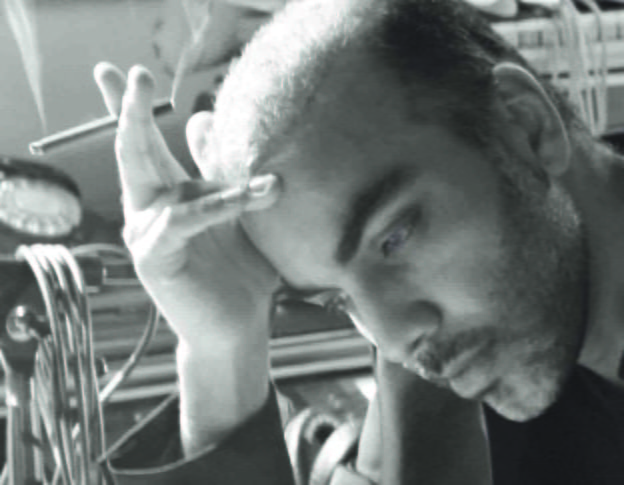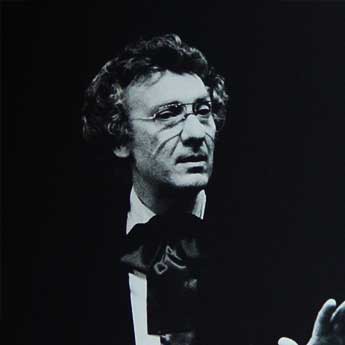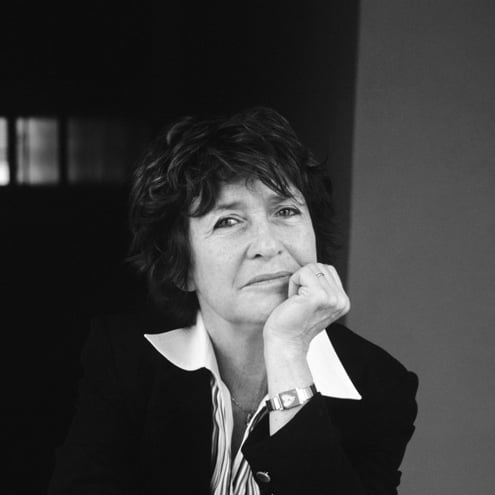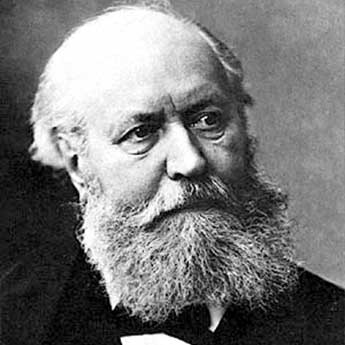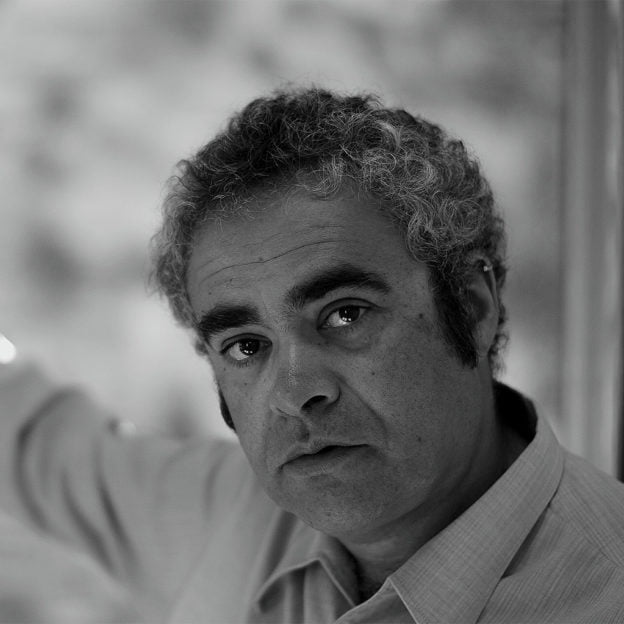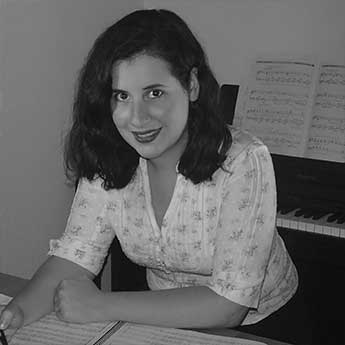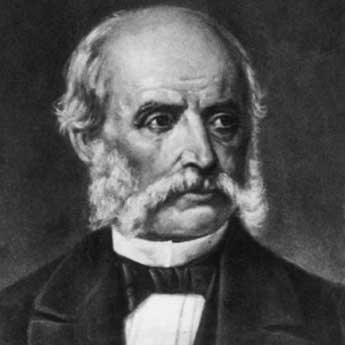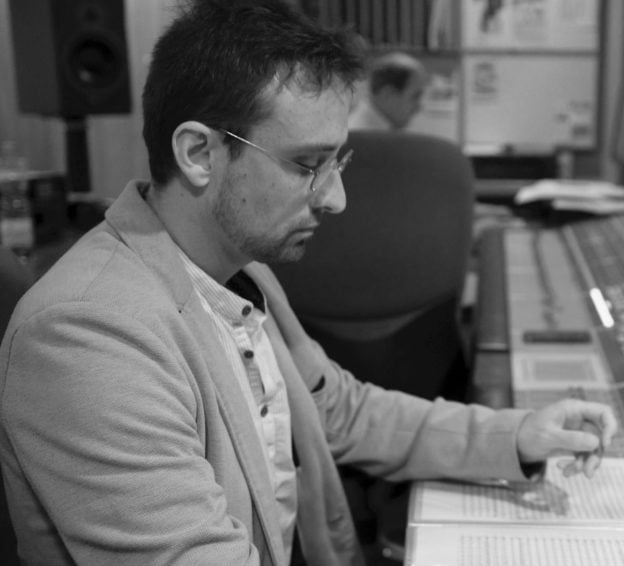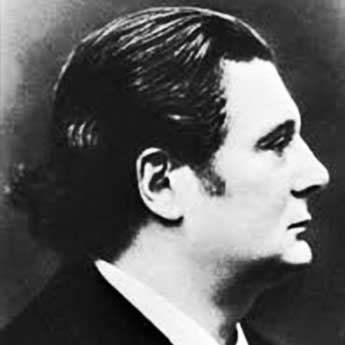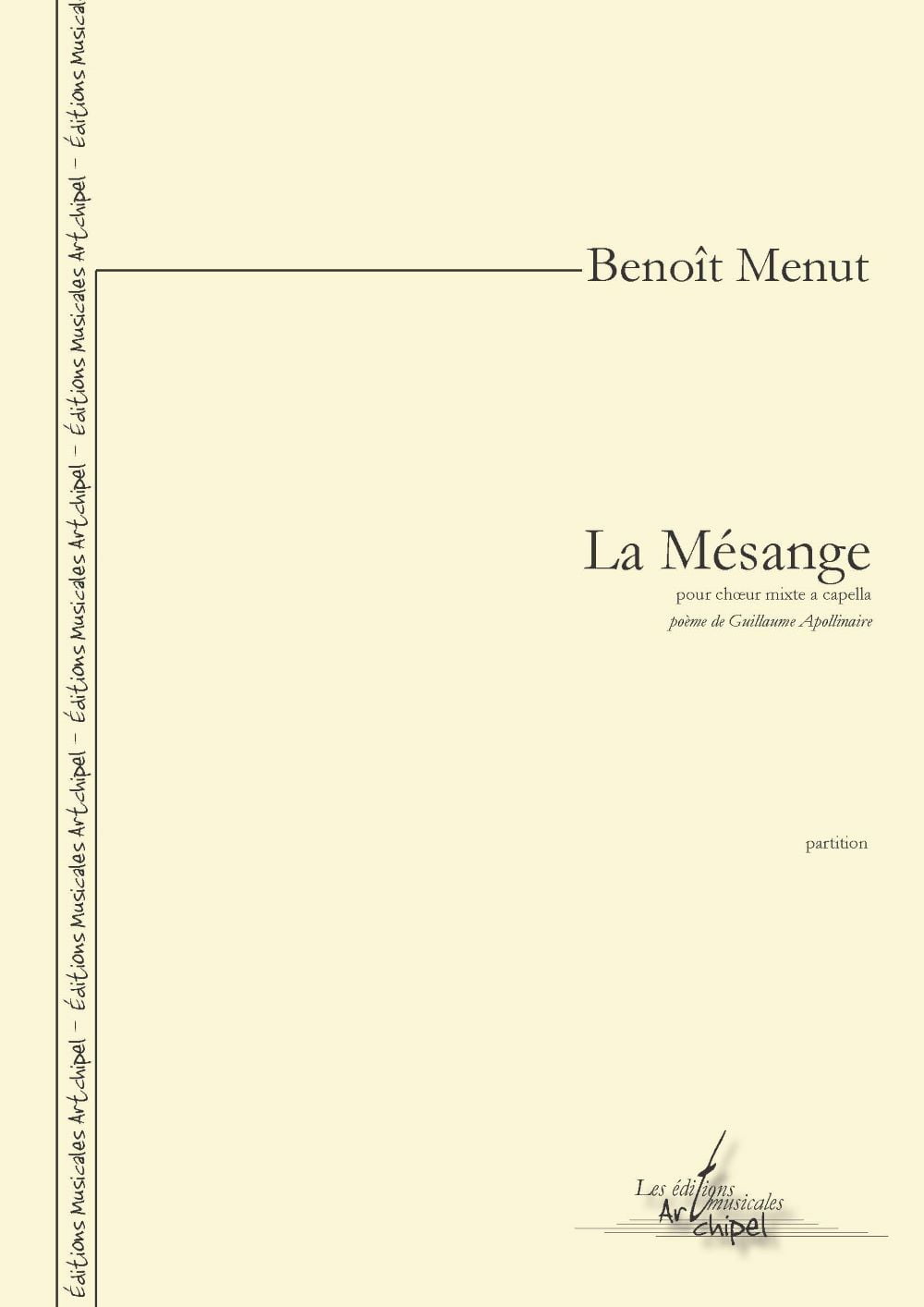La Mésange
3,60 €
6,00 €
Written at the request of Nicole Corti for the Jeune Chœur Symphonique Spirito, La Mésange for mixed choir was composed between August and October 2021 to the eponymous poem by Guillaume Apollinaire. I chose this ample, dense text to write this four-minute work because I wanted the urgency of writing in the trenches to be reproduced in a relatively short musical time, as a “music of urgency”. Apollinaire met Louise de Coligny-Châtillon in Nice in September 1914, and immediately fell in love. She appeared to him as a poetic figure “who allowed him to profoundly renew his love writing by inspiring the most burning poems”. An ambiguous game of seduction ensued, to which Louise did not respond until December 1914. They would see each other only twice more in Nice, during short leaves in January, and then one last time in Marseille before he left for the front. All this time, Apollinaire lived on the constantly dashed hope of a shared love. They both embarked on a sincere friendship that would allow the poet to maintain an intimacy beyond love. Lou, as Apollinaire called her, probably never shared the poet’s love. Thus, from September 28, 1914 (the day before their meeting) to January 18, 1916, he maintained a correspondence with Lou consisting of 220 letters and 76 poems inserted into these letters, or themselves forming autonomous letters, a kind of epistolary poem. After the poet’s death, the poems extracted from this private correspondence formed a posthumous anthology published in 1947, first under the title Ombre de mon amour , then under the familiar title Poèmes à Lou.
This musical work attempts to reproduce the “love of love” that Lou was for the poet. The imminence of death and the race to the abyss (like crazy streetcars) that irrigate the text lead to a whispered “I love you” that could be the last… Thus, the phrases can be superimposed, and the rhythmic and harmonic swaying that begins the piece will develop and accelerate until the final calm. It’s a lullaby, the kind that the “wartime godmothers” who consoled the poilus would send with their words. By way of punctuation, at selected points at the end of paragraphs, I also wanted to conjure up, like spectres, carential formulas that Francis Poulenc, the most Apollonian of composers, would not have disowned. In this sense, ma Mésange is an assumed “French” work, and if I had to characterize it, I’d call it a “disembodied love song, in a context of possible imminent death”.
The performers are committed to making this a recitation in which the literary text takes precedence, and the music is an illumination of rhythms and colors.
Benoît Menut
Additional information
| Weight | 0,250 kg |
|---|---|
| Dimensions | 21 × 29,7 × 1 cm |
| Support | PDF, Papier |











